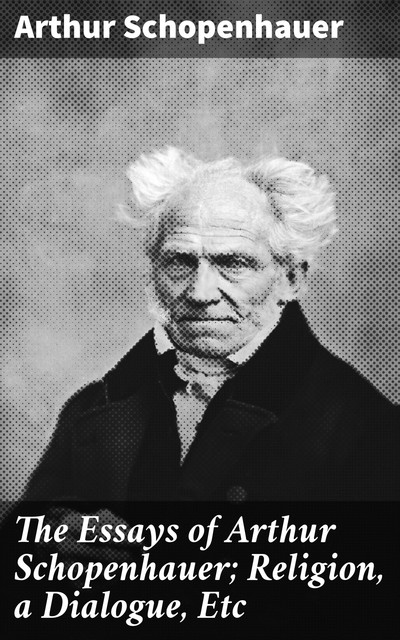In “The Essays of Arthur Schopenhauer; Religion, a Dialogue, Etc,” Schopenhauer explores philosophical inquiries into human existence, religion, and ethics with his characteristic depth and rigor. This collection showcases his distinct literary style, characteristic of succinctness and incisive reasoning, drawing upon a rich tradition of German idealism while critiquing conventional religious thought. Particularly notable is his essay “Religion,” where he engages in a profound dialogue about the role of faith in human life, shedding light on the contradictions inherent in religious doctrines and their impact on individual morality and societal norms. Arthur Schopenhauer, a pivotal figure in 19th-century philosophy, led a life marked by introspection and skepticism towards established norms. His early exposure to diverse philosophical traditions and his tumultuous relationship with his contemporaries, including Hegel, fueled his resolve to articulate a more pessimistic view of existence. Schopenhauer'Äôs ideas were deeply influenced by Eastern philosophy, especially Buddhism, which is apparent in his reflections on suffering and desire in this collection. This book is essential for readers interested in the intersection of philosophy and religion. Schopenhauer's eloquence and provocative insights invite readers to reevaluate their own beliefs and the underlying motivations of human behavior. It serves as a crucial reference for anyone exploring the complexities of faith, morality, and human existence.


